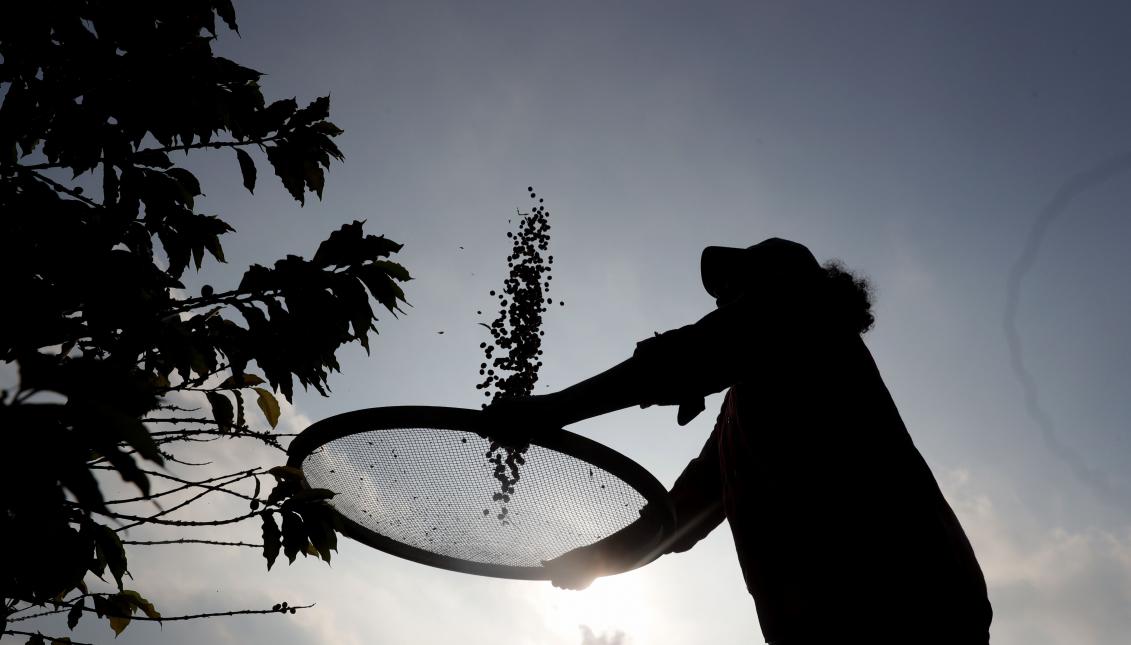Brazil’s coffee sector, a vital part of its economy, is set to face challenges in the coming year. The Ministry of Agriculture and Livestock (Mapa) has indicated that the country’s coffee sector revenues will decline by 2023.
Mapa is projecting a gross total revenue of R$48.8 (US$9.5) billion, a 9.22% decrease from the previous coffee year.
The Southeast region, especially Minas Gerais, is the linchpin of Brazil’s coffee production, contributing 57.8% of the national revenue.
Despite this decline, coffee will still account for about 6% of the total crop production in the country, ranking fourth after soy, corn, and sugarcane.

This decline in revenue underscores the challenges the sector faces, including fluctuating international prices and climate change impacts, both crucial factors for the future of coffee production in Brazil.
Arabica coffee continues to dominate the market, accounting for 77.7% of the revenue.
However, it experienced a 9.42% reduction in estimated revenue compared to the previous coffee year.
Similarly, conilon coffee, contributing 22.3% of the total revenue, also experienced an estimated reduction of 8.6%.
This trend suggests that Brazil’s coffee sector revenues will decline by 2023, highlighting the importance of addressing challenges faced by both the Arabica and Conilon coffee sectors.
While Brazil is the largest global producer of coffee, the industry is pivotal to its economy.
Although worrisome, this projected decline in revenue presents an opportunity for stakeholders to address the sector’s challenges and implement strategies to ensure its long-term sustainability and profitability.
Brazil’s coffee sector revenues will decline by 2023, but with the right strategies and interventions, there is potential for a strong recovery and a brighter future for Brazil’s coffee industry.

